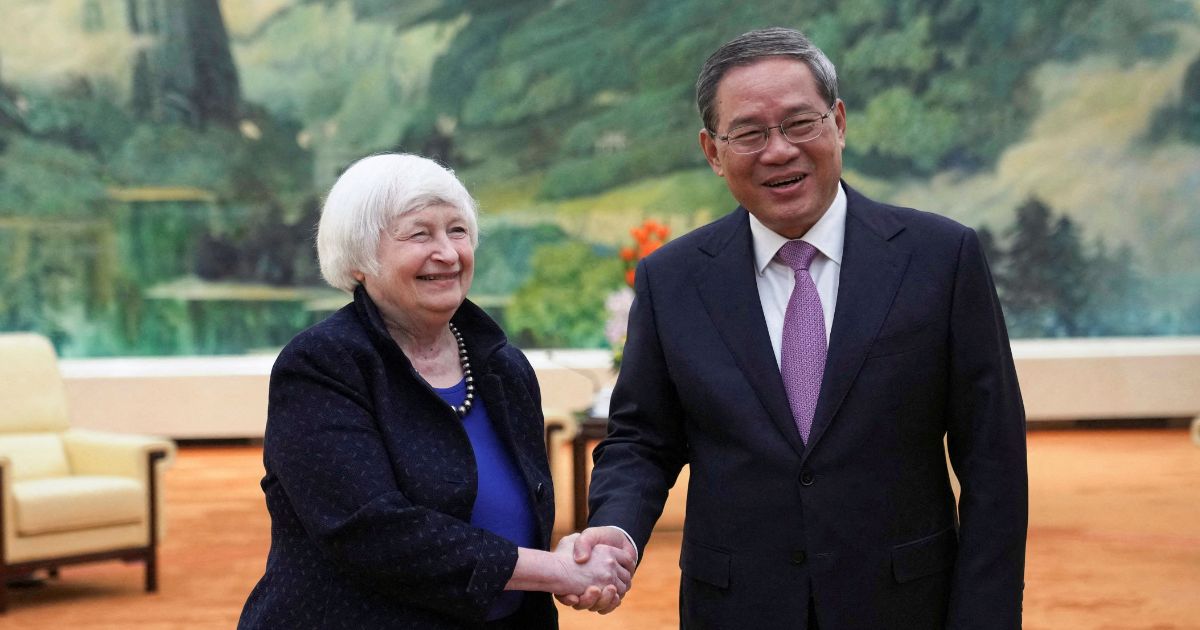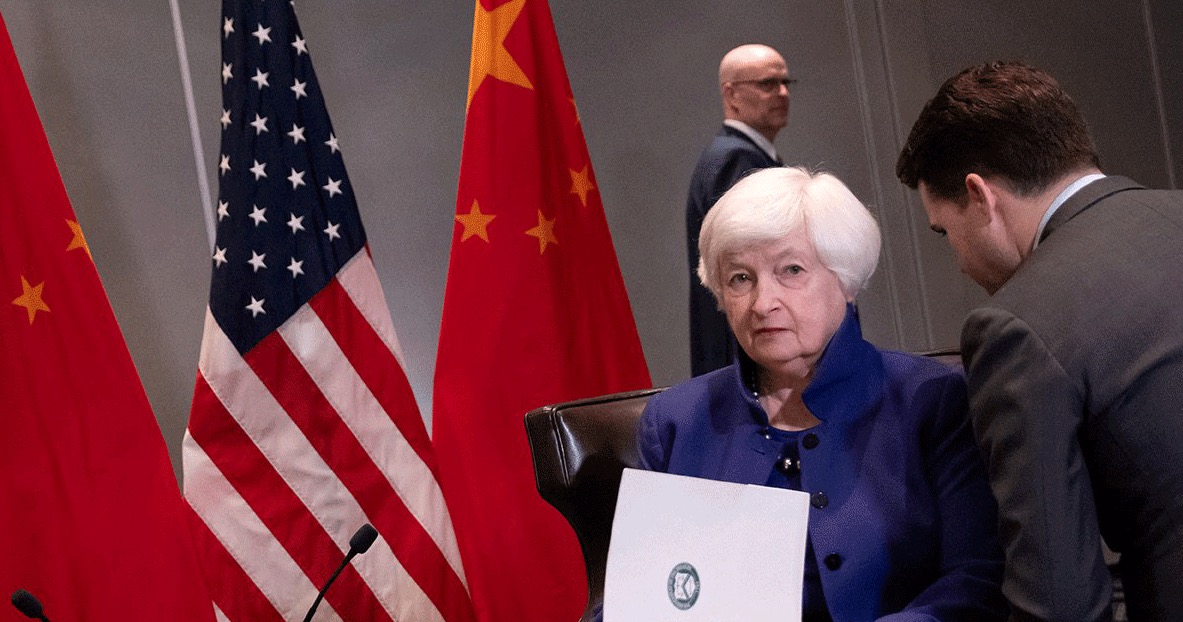The "Maintenance of National Security Ordinance" came into effect yesterday. The government stated that not all wanted persons related to national security will be classified as absconders. It depends on many factors. It also pointed out that renunciation of Chinese nationality does not mean that one can avoid extraterritorial criminal liability under Article 23.
The authorities currently want more than 10 people involved in national security cases. The Secretary for Security, Chris Tang said on the wireless program "Speak Clearly" that not all wanted people must be called legal absconders. After being wanted, have they continued to engage in activities that endanger the country? Security activities, how much they are engaged in, and how much they are affected by the means that the authorities can implement need to be assessed. According to the procedure, if they are to be listed as absconders, they still need to be gazetted first, and then the restrictions to be implemented will be gazetted.
The Ordinance establishes extraterritorial jurisdiction. Chinese citizens and residents of the Special Administrative Region can also be prosecuted if they engage in activities endangering national security abroad. Can someone avoid criminal liability if they renounce their Chinese citizenship? The authorities emphasize that renouncing nationality will affect their rights and obligations and is a serious matter.
Tang Bingqiang said: "If you meet the conditions and you are a Hong Kong resident, even if you don't get a passport or your ID card expires, you are still a Hong Kong resident."
The Ordinance stipulates that the Chief Executive in conjunction with the Executive Council may enact subsidiary legislation to deal with new national security risks. The Government reiterates that subsidiary legislation will not exceed the scope of primary legislation and will also be reviewed by the Legislative Council. If the public believes that their authority has been exceeded, in principle, they can also undergo judicial review.
Some crimes under the "Regulations on Safeguarding National Security" provide defenses, but the defendant must provide evidence himself. The government stated that the threshold would be the lowest and does not need to be beyond reasonable doubt. Secretary for Justice Lam Ting-kwok said that the entire responsibility has been shifted back to the prosecution. It must be proved beyond reasonable doubt. As long as certain evidence is presented, or you are willing to swear that you really do not know, the court may accept it. Of course, it is not that simple. The authorities have to consider whether to believe it or not, and it depends on the objective environment.


